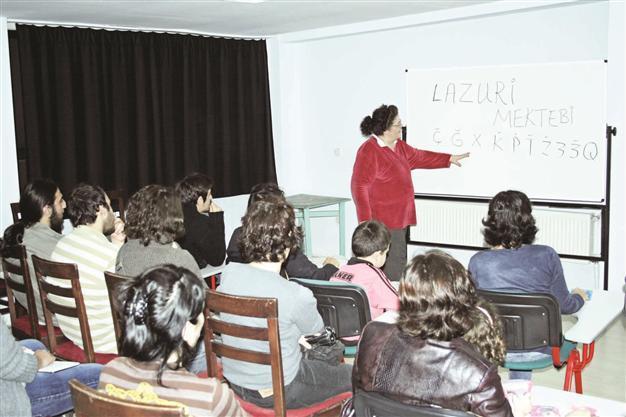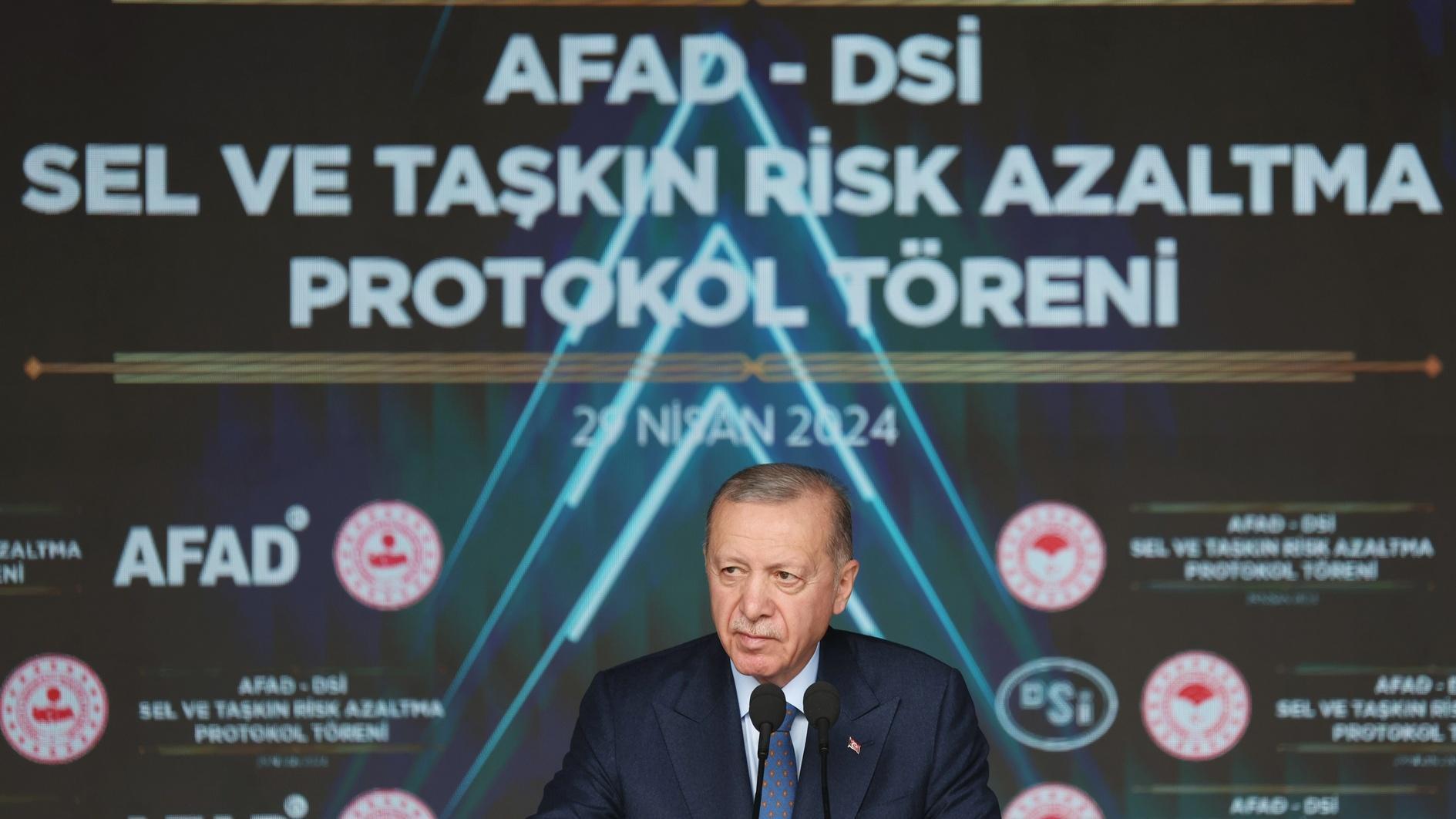Minorities support right to defense in mother tongue
ISTANBUL - Hürriyet Daily News

This file photo shows groups of students attending AKADER, which teaches a number of languages spoken in Turkey, including Armenian, Kurdish and Arabic. Hürriyet photo
The debate over legal defense in Kurdish, currently one of the most controversial issues in Turkey, is spreading to include mother toungue defense for other ethnic communities.Speaking to the Hürriyet Daily News, Caucasian Associations Federation Head Vacid Kadıoğlu said, “The right to defense and education in [one’s] mother tongue is everyone’s right. Manipulating this right for politics, as is done with Kurdish, is a wrong deed.”
“They made us forget our own mother tongue, the Circassian language. So we cannot bring the right to defense in mother tongue to the agenda,” Kadıoğlu said.
“First of all, we demand the return of our right to receive education in [our] mother tongue. The government put into force the law of elective mother tongue and dialect lessons, but also enacted a 10-person quota condition. They are not sincere,” Kadıoğlu said.
Mother tongue ‘a right’
The head of the Laz Culture Association, lawyer Mehmet Ali Beşli, touched upon a different aspect of the issue. “Mother tongue is a right, and the ability to defend [oneself] in one’s mother tongue, which one can speak most efficiently, has a crucial role. People must make their defense in the language through which they can express themselves the best,” Beşli said.“The state initiated elective mother tongue lessons in schools and opened a television channel [in Kurdish languages]; however, they do not approve mother tongue defense in courts. This is not understandable.”
If the right to mother tongue defense enters into force, translators will be assigned twice to those who cannot speak Turkish. Those who speak Turkish but demand to make their defense in their mother tongues will have to bring their translators with them. Referring to this decision, Beşli asked, “How will the court determine a person’s skills in Turkish grammar; how could it be measured?”
He added, “Mother tongue rights should not be shaped only through Kurds”
The founder of Anatolian Culture and Research Association (AKADER), Altan Açıkdilli, who presented a file titled “Research on Peoples’ Constitution,” to Ankara a few months ago, said they gave full support to the right to defense in mother tongue.
Açıkdilli also commented on the translator condition for those demanding to make defense in their mother tongue.
“This is a clear representation of a bargaining mentality. Freedom has no condition. A person makes defense in mother tongue or does not,” he said. Açıkdilli also said some technical problems might occur if the right to defense in mother tongue enters into force, adding that some measures should be taken against that.
“Translation of different dialects requires expertise. And there is a crucial point here; legal terms do not have equivalencies in some dialects, so a short-term training will be required for translators,” Açıkdilli said. Açıkdilli also touched upon the fact that the debates with regard to mother tongue are made only through Kurds. “The public is having the wrong debate; the government represents the rights regarding mother tongue as something only given to Kurds. However, various communities from different ethnicities live in this country,” Açıkdilli said.
“The rights of these communities should not be shaped through the policies implemented with regard to Kurds,” Açıkdilli said.
Hadig Hemşin Culture Sustenance Association head Hikmet Akçiçek also expressed the same concern. “When it comes to rights, a perspective covering all the communities within the country is required. Mother tongue defense and education are everyone’s right.”
















